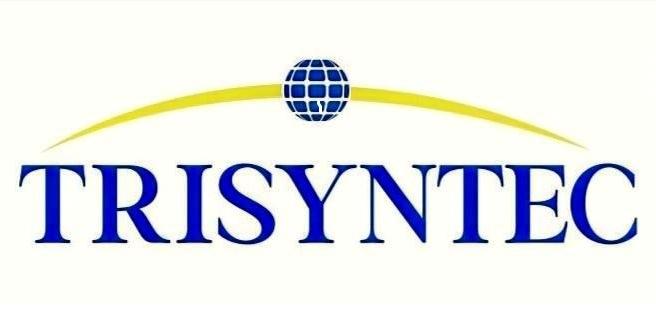
The latest healthcare roundtable brought together investors from across the sector to examine what signals matter most when evaluating new opportunities. The discussion focused on practical decision criteria, execution risk, and how founders can meet the current standards of #healthcare, #biotech, and #digitalhealth investors.
Participants agreed that healthcare remains one of the most resilient sectors. Demand is constant. Populations keep aging. New conditions continue to emerge. What changes are the expectations placed on innovators.
Robert Herzog, Managing Partner at Breaking Wave Capital from the United States said that adoption depends on economic clarity. He explained that hospitals face heavy budget pressure, so a product must have a defined pathway to payment. He noted that strong technology is not enough if the buyer cannot bill, reimburse, or justify the cost. He shared an example of an AI device that performed well but was rejected because it lacked a clear revenue model. He described an Alzheimer’s care investment with a confirmed CMS reimbursement channel, which made the opportunity scale ready. His point was simple. Investors prioritise solutions that fit existing payment frameworks in markets where spending is tightly controlled.
Troy Dale, an Angel at ClarumEst Ag from Switzerland stressed the need for defensible IP and a clear path to market. He warned that some founders rely on hope rather than strategy, which creates risk once a device or diagnostic reaches the approval stage. Investors want a real problem–solution fit and a defined mechanism for reimbursement.
Pasi Pohjala, Founder and CEO at ATG Consulting from Switzerland highlighted the difficulty many research teams face when shifting from academic environments to entrepreneurial execution. He views founder mindset as a leading indicator of future performance. Teams must move fast, make decisions, and operate without institutional safety nets.
Alexander Tang, Managing Director at Everest Advisors, LLC from the United States added that early stage biotech demands rapid decision making. Clinical trials are expensive, so investors look at whether the science can progress and whether unit economics, sales assumptions, and distribution models support commercial viability.
Carl Jones, Founder of Inhite Ventures from the United States focused on adoption. He examines how a solution fits into hospital workflows, how the team navigates regulation, and whether they have the relationships needed to secure early traction. He noted that growth often depends on long term relationships, which places weight on team experience.
Mazin Gadir, Director Of Strategic Partnerships at IQVIA from the UAE emphasised product credibility and stickiness. He evaluates the internal dynamics of the team, the strength of their advisory network, and how actively they use feedback loops to improve the product. For him, curiosity and persistence matter as much as technical strength.
Jude Pereira, Managing Director at Nanjgel Group from the United Kingdom closed the roundtable with a view from the technology side. He explained how #AI and #blockchain help shorten development time, expand market reach, and address specific gaps in healthcare delivery. He looks for companies that use these tools with intent and discipline.
Across the discussion, one theme stayed constant. Investors want practical pathways to adoption. They want strong teams, credible technology, solid regulatory plans, and realistic commercial models. They want founders who listen, adapt, and build with intention.
The session reinforced the value of collaborative environments where investors compare strategies, share direct market experience, and assess opportunities across borders. In a sector shaped by regulation, science, and human need, such exchanges support responsible and profitable #investment





